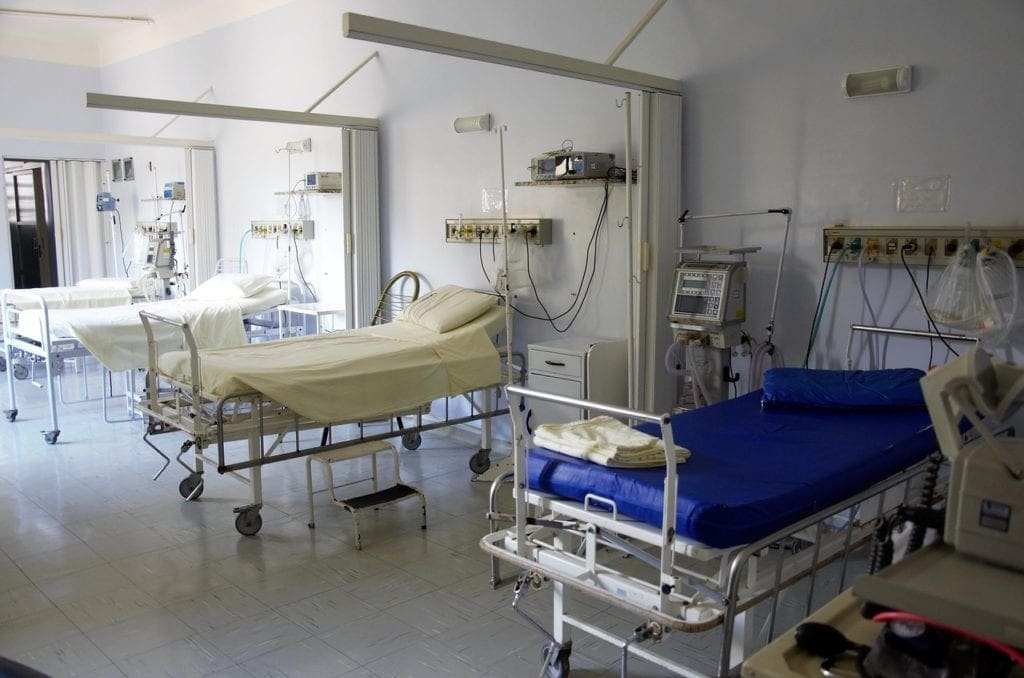California left the nation in awe by passing legislation that gives immigrants who are in the country illegally full health benefits on the expense of the taxpayer.
While the federal and state health insurance program Medicaid is rife with abuse, and the state is, by all means, broke, lawmakers decided that spending billions of tax dollars on noncitizens was the right thing to do. Needless to say, anti-illegal immigration advocates aren’t happy, but so isn’t anybody who cares about their money.

To be fair, Medicaid was never a sound program.
From its inception, it distorted the health market, increasing the cost of care across the board and hurting patients who rely on private insurance more than others. But facts didn’t deter lawmakers, whether or not government-backed health insurance will ever be handled properly and efficiently.
In what appears to be an effort at gaining more support from the immigrant population, the Golden State is expanding the program’s range of beneficiaries without addressing the state’s budgetary deficiencies. What could go wrong?
Health Care Is Too Important to Be a ‘Right’
To many left-leaning groups, the idea that individuals must pay for services such as health care is beyond absurd.
Take Sen. Holly Mitchell, the Los Angeles Democrat who spearheaded budgetary negotiations for the immigrant Medicaid bill, for instance. In an interview with reporters, she said: “California believes that health is a fundamental right.”
Before Mitchell, President Barack Obama was one of the most notable proponents of health care as a right, as is Sen. Bernie Sanders. Unfortunately for the career politicians, the idea is more of a political slogan than a fact.
By treating health care as a positive right, governments essentially claim that they can force a provider to offer care against their will and for basically no pay. It’s almost as if doctors and nurses didn’t need to make money for a living.
The tactic also gives the government the justification it needs to use cash taken from residents under coercive methods to pay for care.
According to the laws of economics, health care is a scarce good, and the best way to deal with scarce goods is to allow for voluntary exchange. It is only where freedom prevails that goods can “find their highest-valued use,” economist Jonathan Newman explains.
So while politicians understand that making the case for health care as a right appeals to voters’ emotions, it is government’s involvement in the health industry that actually hurts the poorest and those who cannot afford care. As a matter of fact, the more government becomes involved, imposing requirements and regulations that hurt private and charitable practices, the harder it is for the poor to find quality care.
If left-leaning advocates and politicians were truly worried about the poor an the middle class, they would be refusing to look at health care as a right. After all, anything run by government becomes utterly ineffective, and health care is too important to be left in the hands of a bureaucrat.




















